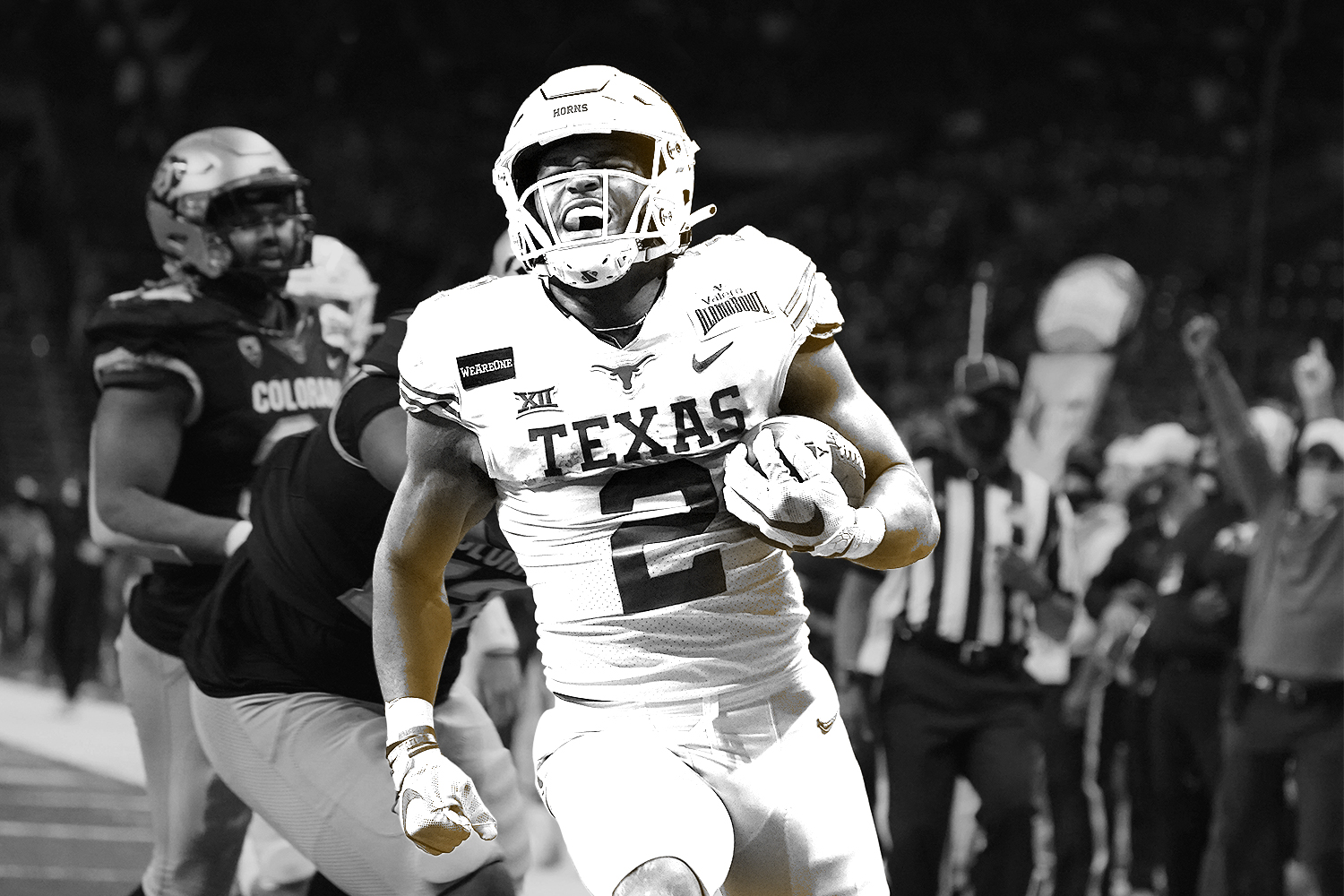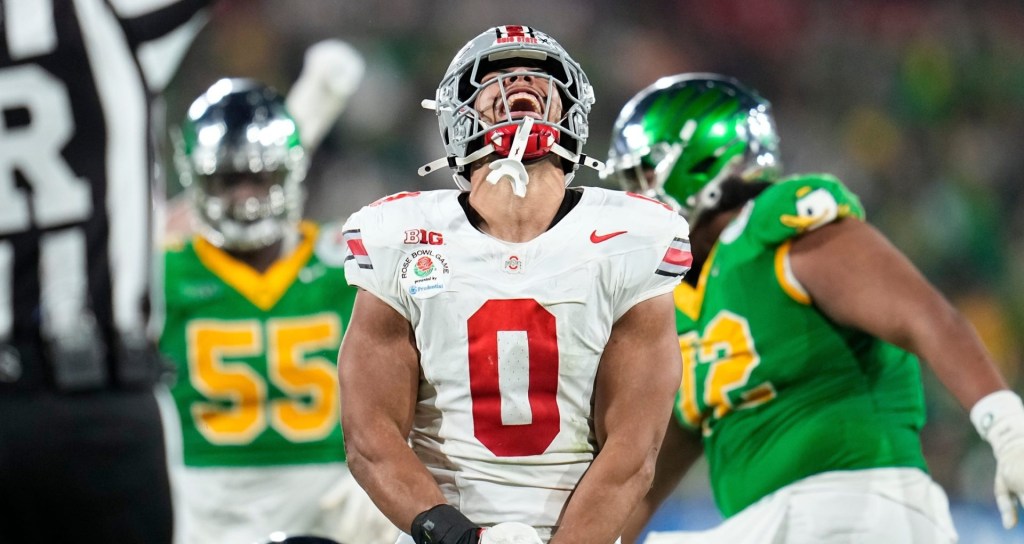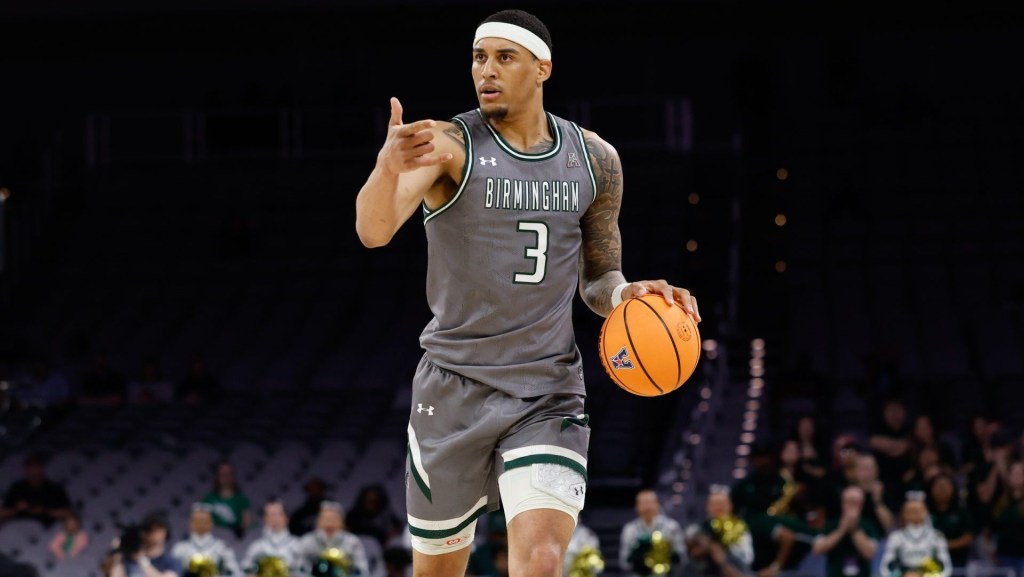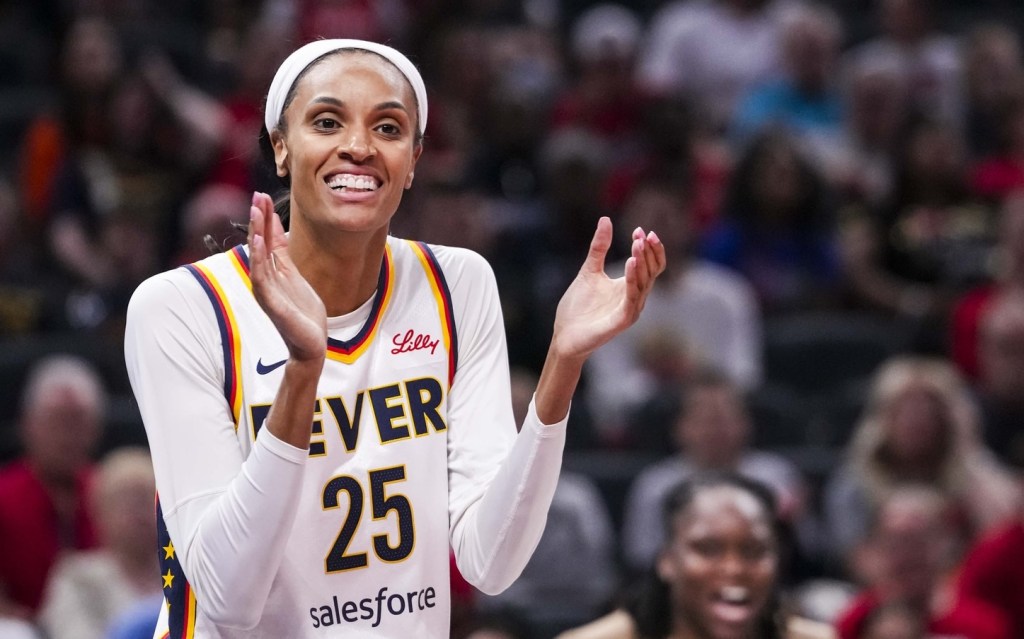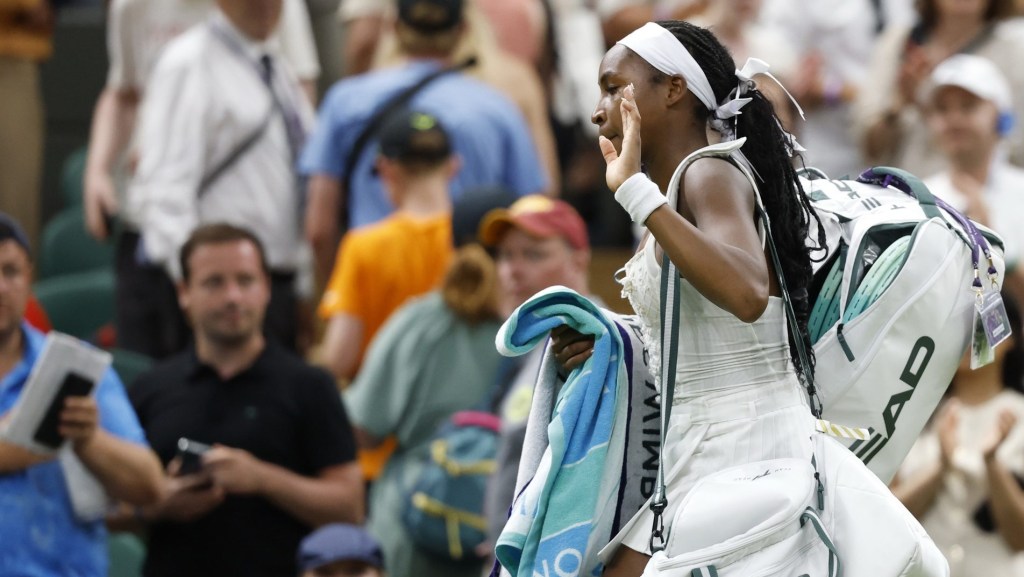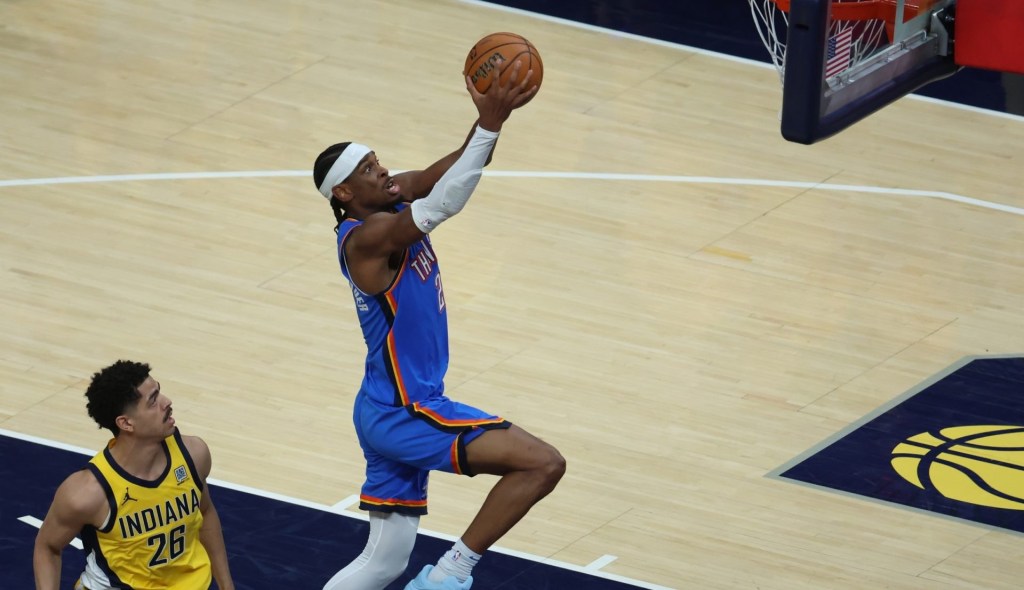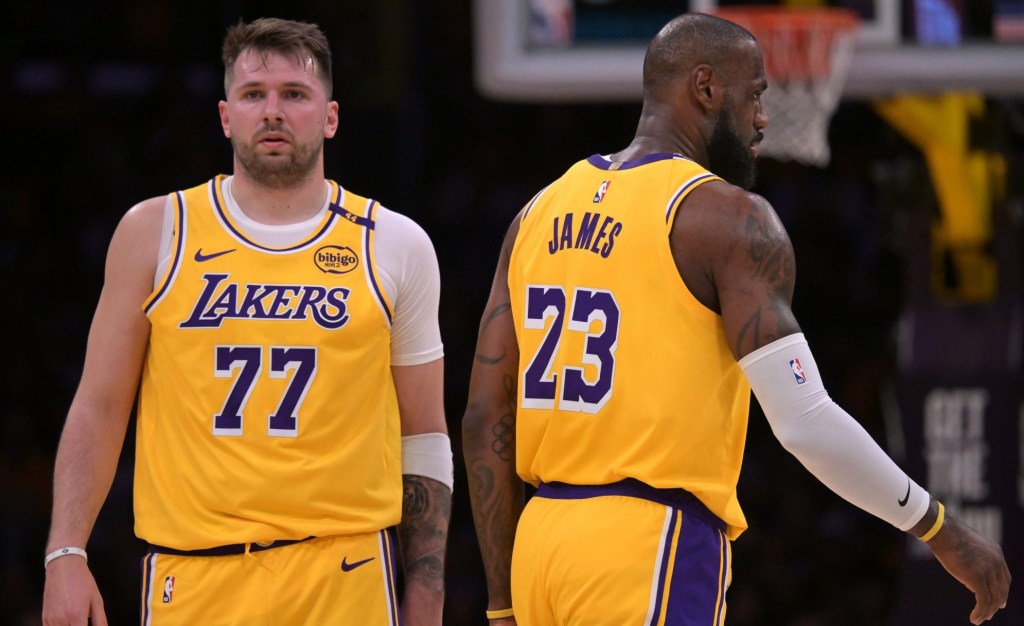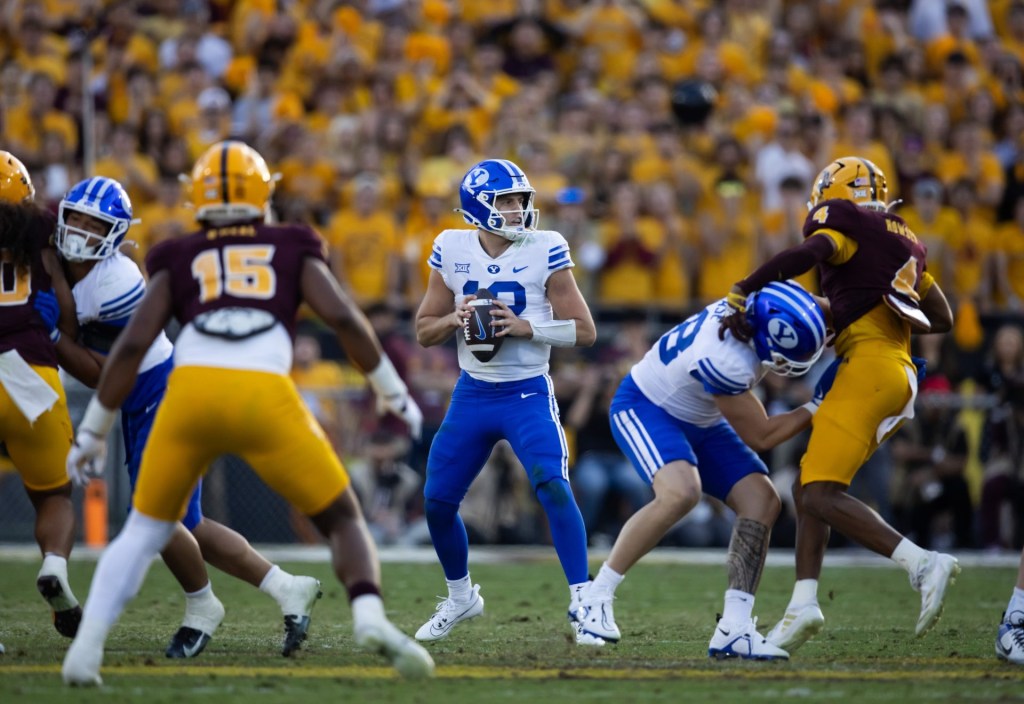Texas became the 19th state to pass an NIL bill for college athletes on Monday.
Joining Alabama, Florida, Georgia, Mississippi, and New Mexico, the Lone Star State is the sixth state to have a name, image, and likeness bill go into effect July 1 — that is, if the NCAA or federal government doesn’t take action against it.
How much money could athletes potentially make? It depends. ESPN found that some athletes could earn as much as $1 million through social media. Athletes who compete in non-revenue sports could make between $1,000 and $3,000.
The NCAA recorded $519 million in revenue last year, down from $1.18 billion in 2019.
Each NIL bill differs in its rules or timeline.
- Georgia’s NIL bill will allow schools to pool and redistribute up to 74.99% of athletes’ endorsement money — it would not be withdrawn until a year after they leave school. Like Texas, Georgia will require financial literacy classes.
- California was the first state to pass an NIL bill in 2019, but it will not go into effect until 2023. Virginia, whose bill was recently introduced, would not go into effect until July 1, 2024 if passed.
- Oklahoma and Nebraska can grant rights immediately but no later than July 1, 2023.
“It absolutely needs to happen right now,” Gonzaga head coach Mark Few said about passing rules. “But we do need some parameters to preserve the collegiate model and protect the recruiting environment.”
Texas’ bill blocks alcohol, tobacco, and gambling endorsements, among other categories. The NAIA passed NIL laws in October 2020, with fewer restrictions than the NCAA’s various proposals.
The Senate Commerce Committee will hold its second hearing on name, image and likeness on Thursday, focusing on the athletes’ perspective. The Division I Council will meet on June 23 to discuss proposed changes to NIL rule changes.
